
Warning: The #1 Mistake You’re Making with Canned Tuna (Avoid Mercury!)

We all know canned tuna as a quick, affordable, protein-packed meal that fits perfectly into a busy lifestyle. Toss it into a salad, mix it into pasta, or turn it into a classic tuna sandwich — it’s one of the easiest pantry staples to rely on.
But what if that convenient can of tuna is quietly working against your health?
The issue lies in a powerful toxin: mercury.
This heavy metal can build up in your tissues over time and affect your brain, nervous system, and cardiovascular health — often without you noticing until symptoms appear. And here’s the twist: not all tuna contains the same amount of mercury. Depending on the species, some cans may have relatively low levels, while others carry significantly more.
Understanding these differences can make all the difference for your long-term well-being.
What Exactly Is Mercury — and Why Does It End Up in Tuna?
Mercury is a naturally occurring heavy metal found deep within the Earth’s crust. However, human activities — especially coal burning, mining, and industrial waste — release large amounts into the atmosphere. From there, mercury settles into oceans, rivers, and lakes, where it undergoes a dangerous transformation.
In water, mercury is converted into methylmercury, a highly toxic compound that fish absorb. Here’s how it builds up:
-
Small fish absorb methylmercury from water.
-
Larger fish eat the smaller fish.
-
The mercury concentration grows stronger at each step.
This process is known as bioaccumulation, and it’s the reason large predatory fish like tuna end up with much higher levels of mercury than smaller species.
When humans eat these contaminated fish, the mercury transfers to us — and because our bodies eliminate it slowly, it can accumulate over time. This is especially concerning for:
-
Pregnant women
-
Young children
-
Individuals with neurological conditions
-
People who eat large amounts of tuna weekly
Overexposure may affect memory, concentration, sensory nerves, and even heart function. While moderate tuna consumption is generally safe for most adults, understanding the differences between tuna types is crucial.
The #1 Mistake People Make With Canned Tuna
Most people grab a can of tuna without thinking twice, assuming all tuna is the same.
But it isn’t.
Different tuna species contain vastly different levels of mercury — and choosing the wrong one could mean much higher exposure than you realize.
Here are the three main types of tuna found in stores:
1. Skipjack Tuna (Safest Choice)
-
Often labeled simply as “tuna” or “light tuna.”
-
Contains the lowest mercury levels (around 0.12 ppm).
-
Great for regular or frequent consumption.
2. Yellowfin Tuna (Moderate Mercury)
-
Often labeled as “yellowfin” or sometimes “light.”
-
Has about 0.35 ppm of mercury — nearly triple skipjack.
-
Fine occasionally, but best consumed in moderation.
3. Albacore Tuna (Highest Mercury)
-
Labeled as “albacore” or “white tuna.”
-
Contains the highest mercury levels — up to 0.50 ppm.
-
The FDA and EPA recommend limiting intake significantly, especially for pregnant individuals and children.
Pro Tip: If the label doesn’t specify the species, it’s usually skipjack — but it’s always safer to double-check.
3 More Common Mistakes When Eating Canned Tuna
1. Not Reading the Label
Many people assume all cans are the same, but packaging tells you:
-
The species
-
Whether it's packed in oil or water
-
Source location (some regions have higher mercury levels)
Taking 10 seconds to read the label can dramatically lower your mercury exposure.
2. Eating Tuna Too Frequently
Even low-mercury tuna can become a problem if eaten excessively.
U.S. dietary guidelines suggest around 8 ounces (227 g) of seafood per week — not just tuna. To reduce mercury intake, try rotating tuna with:
-
Salmon
-
Sardines
-
Anchovies
-
Trout
-
Mackerel (low-mercury species)
These fish also provide high omega-3s with lower contamination.
3. Not Draining the Tuna Properly
Poorly drained tuna can lead to watery tuna salad and diluted flavors.
Use a strainer or press the lid firmly to remove excess liquid.
Better drainage = better texture and better recipes.
Tuna in Oil vs. Tuna in Water: The Surprising Difference
Most people choose tuna based on calories, but the liquid matters for another reason:
Tuna in Oil
-
Mercury is lipophilic, meaning it binds to fat.
-
When you drain the oil, some of the mercury drains with it.
-
Higher in healthy fats like omega-3s and vitamin D.
-
Higher calories — but often better flavor.
Tuna in Water
-
Lower in calories, but tends to retain more mercury.
-
Less flavorful and often drier.
If minimizing mercury is your top priority, well-drained tuna in oil may actually be the smarter choice.
How to Enjoy Tuna Safely
You don’t need to give up tuna to protect your health — you just need to choose wisely.
Here are the golden rules:
-
✔️ Choose skipjack (“light tuna”) most of the time.
-
✔️ Limit albacore to occasional consumption.
-
✔️ Rotate with other low-mercury seafood.
-
✔️ Drain your tuna thoroughly.
-
✔️ Check labels for transparency — some brands offer mercury testing data.
Tuna is nutritious, rich in protein, omega-3 fatty acids, vitamin D, and essential minerals. With a little awareness, you can enjoy all of these benefits without unnecessary risks.
Final Thoughts
Canned tuna doesn’t need to be a hidden health hazard. The key is understanding the differences between tuna species, reading labels carefully, and keeping your weekly intake in check. With smarter choices, tuna can remain a valuable, convenient, and delicious part of your diet — minus the worry.
So next time you’re in the grocery aisle, take a moment to choose the right can.
Your brain, nervous system, and long-term well-being will thank you.
News in the same category


The Power of Clove Steam Inhalation (Respiratory Relief You Can Feel Immediately)

Popular blood pressure drug linked to increased cardiac arrest risk

Powerful Health Benefits of Pineapple You Should Know
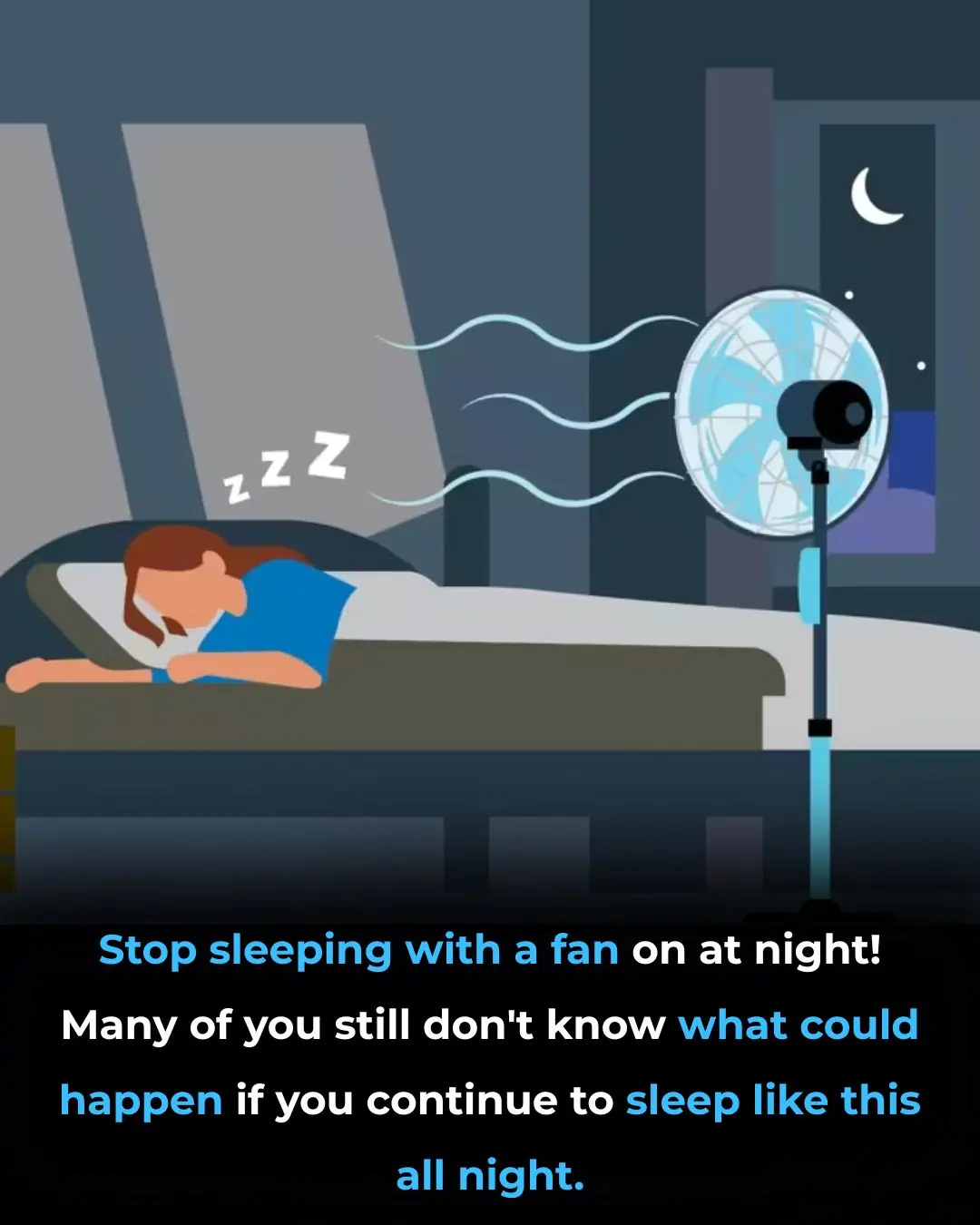
The Surprising Health Benefits of Sleeping in a Cold Room

High Blood Sugar Warning Signs

🥚 A Look at How Certain Boiled Egg Habits May Affect Your Heart Health

🌿 Clove Water Sitz Baths for Women: A Gentle Guide to Hygiene and Comfort
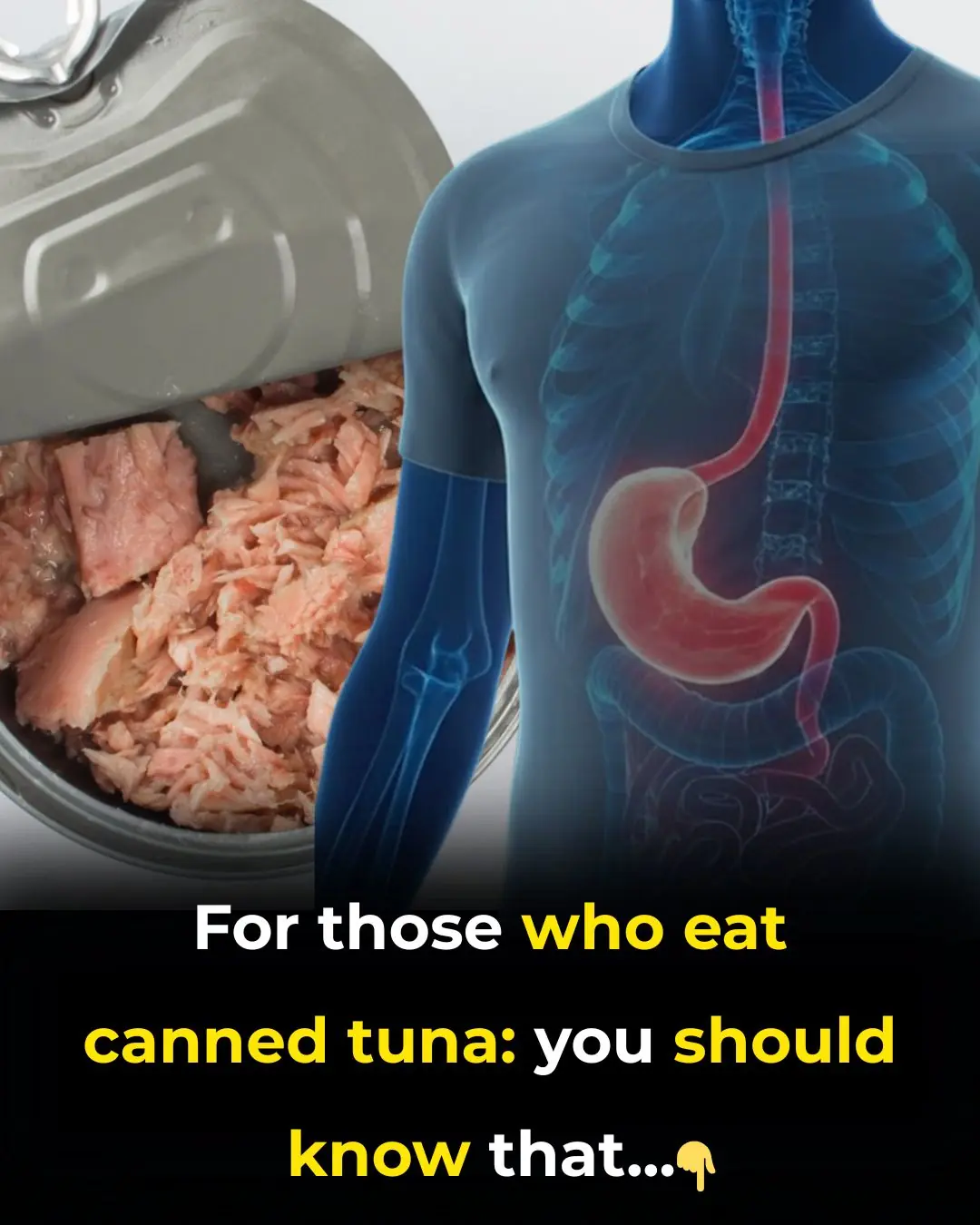
What Happens to Your Body When You Eat Canned Tuna Every Day

17 Warning Signs Your Liver Is Crying for Help

How to Support Your Kidneys Naturally Using 1 Teaspoon of Baking Soda

Fish oil cuts CV risk nearly in half for dialysis patients

The hidden heart danger doctors say is more common in people with diabetes

The surprising power of 4 seeds to repair your nerves naturally

Trial: mRNA Flu Vaccines More Effective Than Quad

3 Miracle Herbs to Instantly Lower Blood Pressure & Clear Arteries Naturally
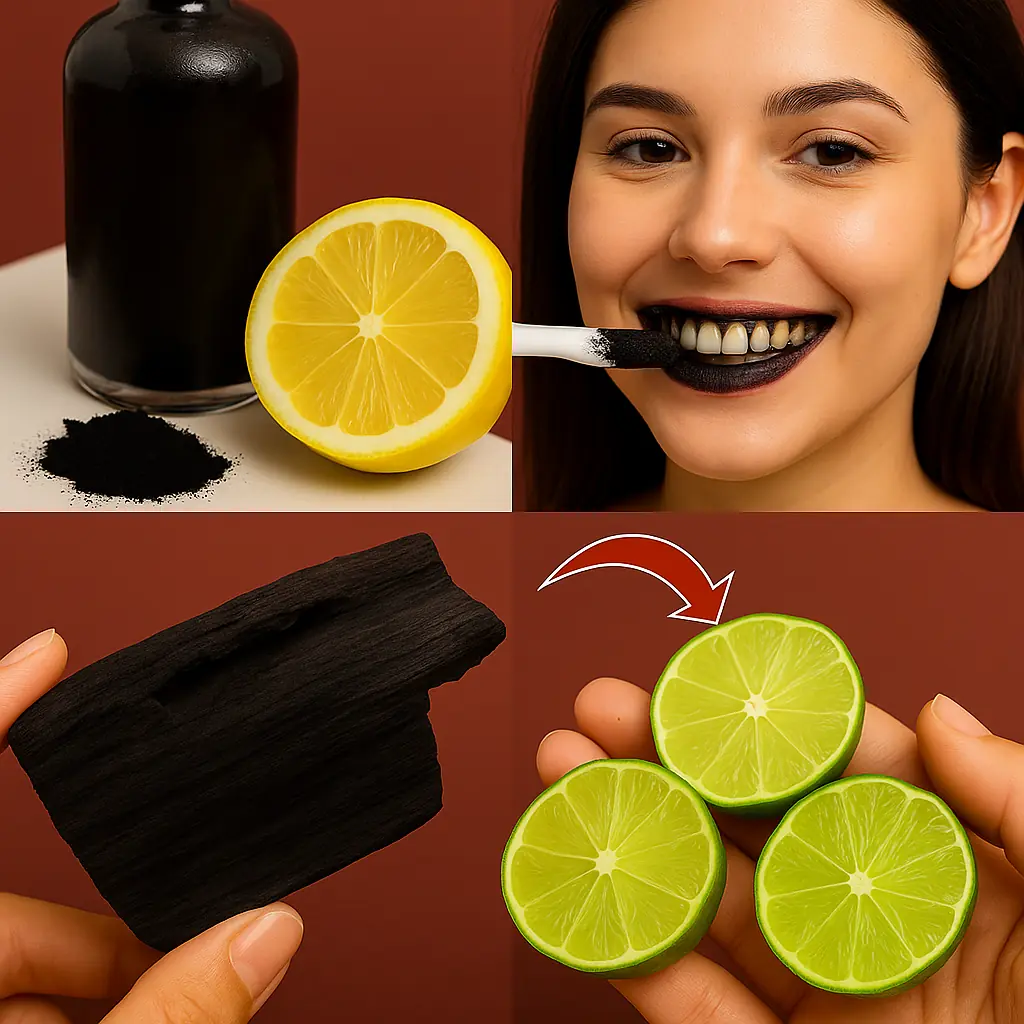
The Surprising Uses of Lemon and Charcoal: A Natural Mix That May Change Your Daily Routine
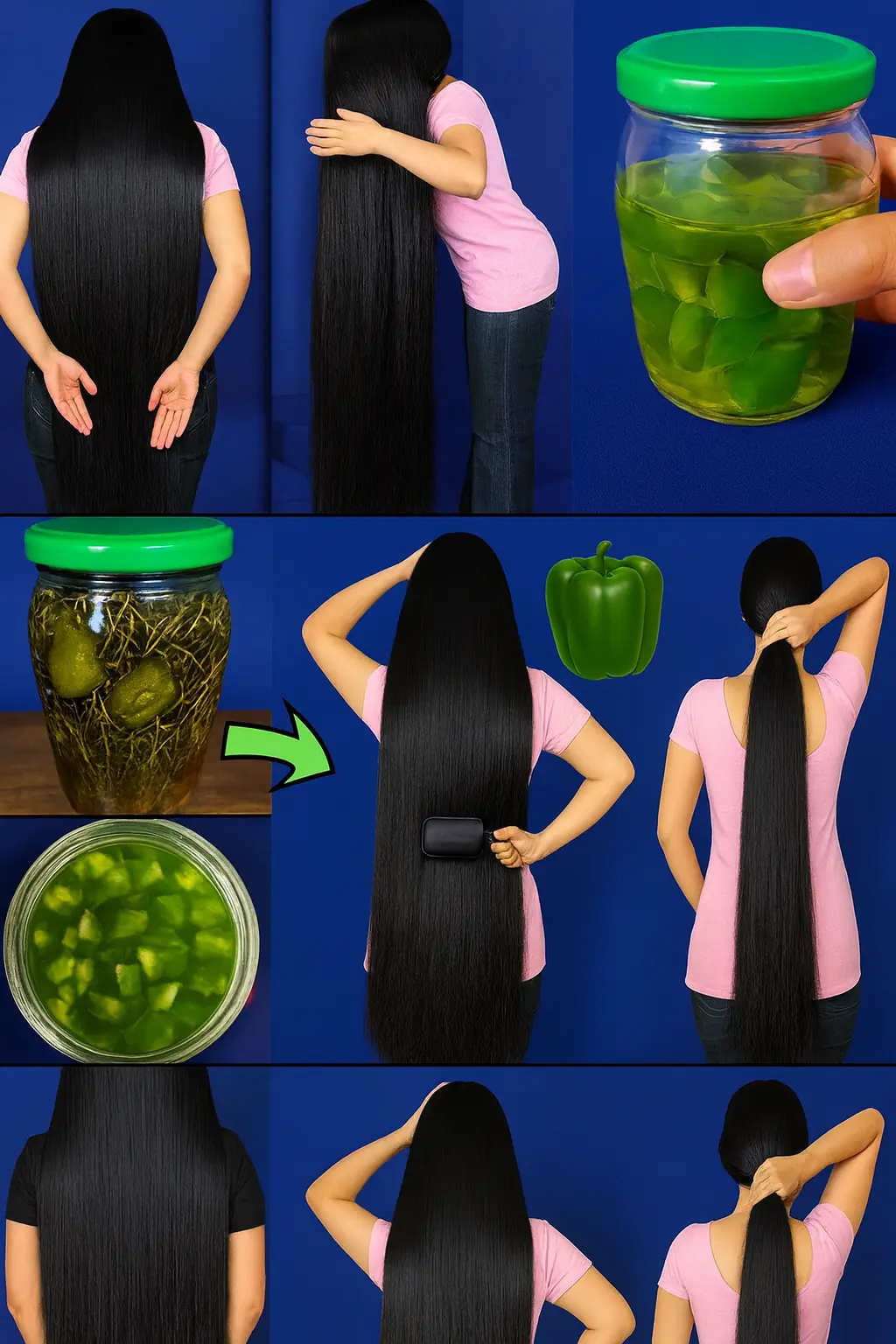
The Green Bell Pepper Hair Growth Secret You NEED to Know

Eating eggs every day can help you live longer

3 Miracle Herbs to Instantly Lower Blood Pressure & Clear Arteries Naturally
News Post

What You See First in This Optical Illusion Reveals A Lot

Why Your Dog Stares at You

10 Best Foods to Detox Your Kidneys and Protect Renal Health

Honeybee Venom Can Destroy Breast Cancer Cells in Under an Hour — A Breakthrough That Could Transform Modern Medicine

Love Can Literally Make Your Body Crave More Sleep — Here’s the Science Behind It

A Revolutionary German Gel May Repair Joints Naturally—Potentially Eliminating the Need for Surgery

The Power of Clove Steam Inhalation (Respiratory Relief You Can Feel Immediately)

Peter Tabichi: The Kenyan Teacher Who Became the World's Best by Inspiring Change and Giving Back
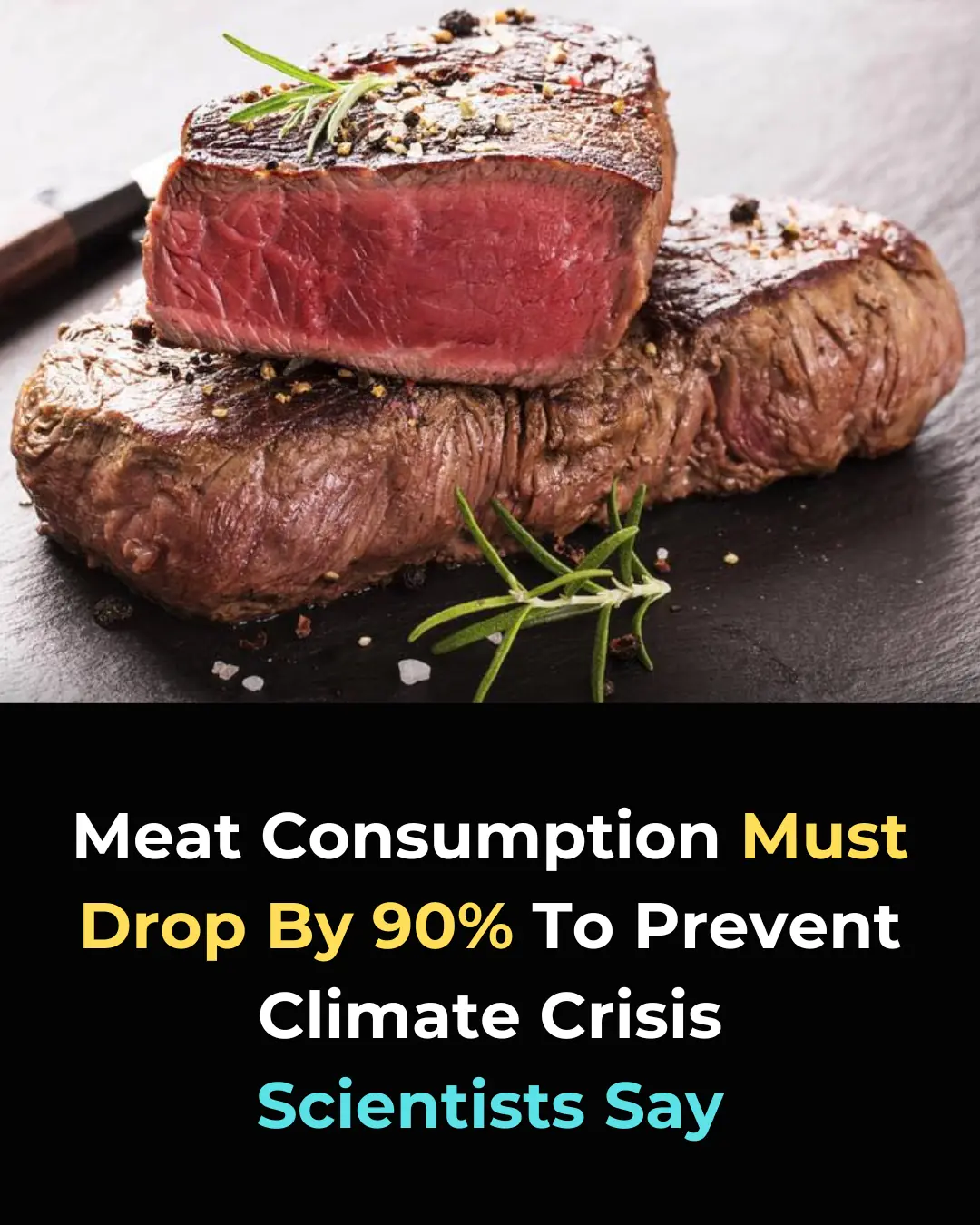
Reducing Meat Consumption by 90%: A Critical Step to Combat Climate Change and Ensure Global Sustainability
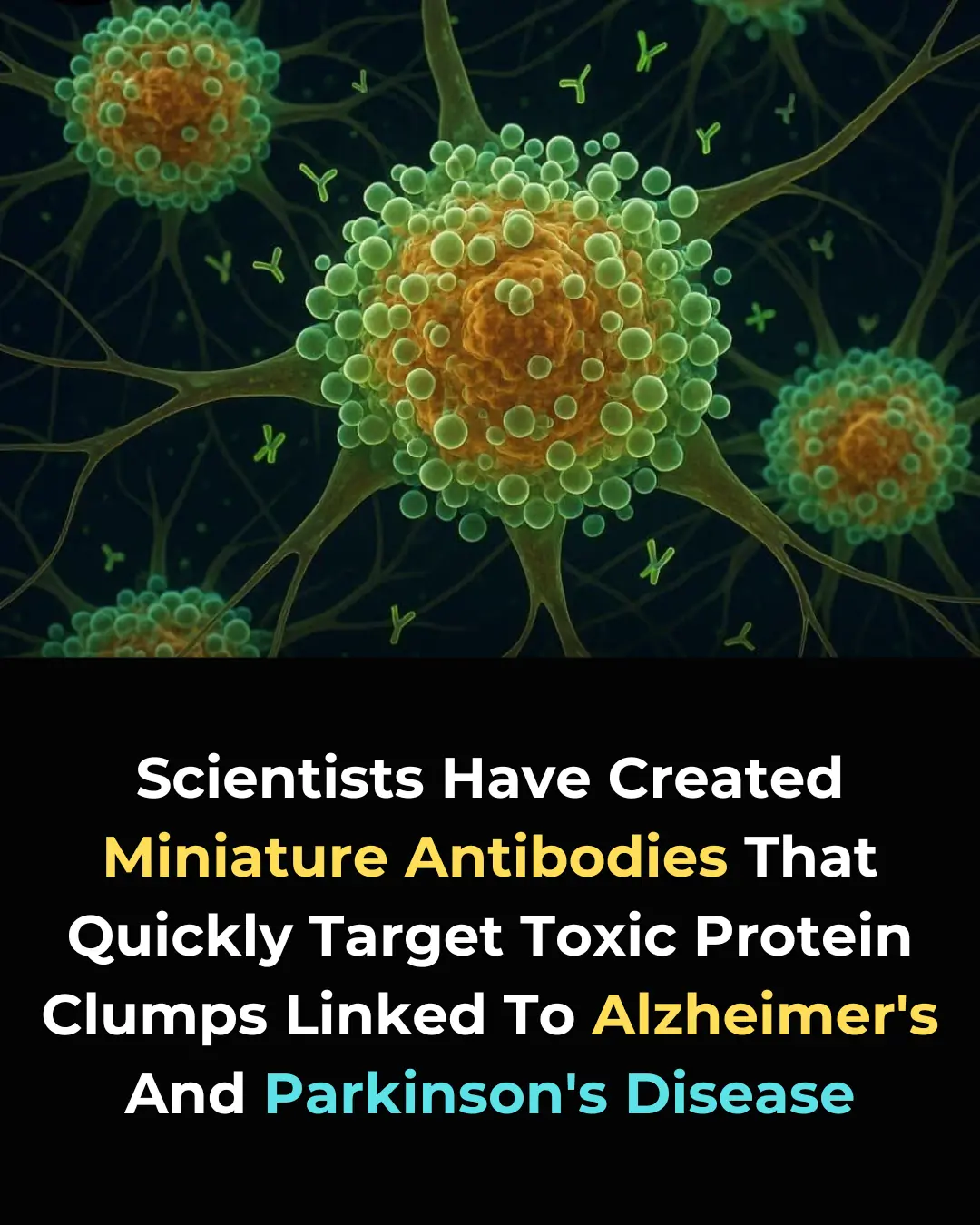
Revolutionary Nanobodies Offer New Hope for Alzheimer’s and Parkinson’s Disease Treatment

Gray Wolves: The Remarkable Lifelong Bond Between Mates and Their Role in Pack Survival

Sebastian Errazuriz’s Robotic Dogs: A Satirical Commentary on Tech Billionaires and the NFT Market

Voyager Spacecraft: A 40-Year-Old Marvel of Engineering Exploring Interstellar Space

Popular blood pressure drug linked to increased cardiac arrest risk

How the U.S. Escaped Hurricane Landfalls in 2025

Ancient Shark Fossils Unearthed in Mammoth Cave Rewrite 325 Million Years of Evolutionary History

Powerful Health Benefits of Pineapple You Should Know

How an Italian Police Lamborghini Huracán Helped Save Lives by Delivering Kidneys Across Italy

Can Spinal Screws Push Through the Skin? Understanding a Rare but Serious Post-Surgery Complication
